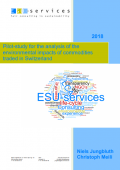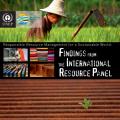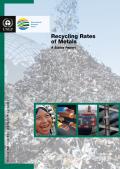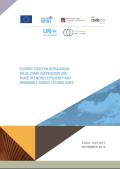



The countries of the Association of Southeast Asian Nations (ASEAN) have been very active in promoting energy efficiency (EE) and renewable energy (RE) technologies in order to fulfil their global commitment on climate change. In the ASEAN Plan for Action for Energy Cooperation 2016-2025 (APAEC), EE and RE are key program areas to be addressed.
In this vein, examples of actions include feed-in tariffs (notably in Thailand and Malaysia) and the liberalization of the electricity market. In relation to EE, ASEAN member countries are progressively adopting Minimum Energy Performance Standards (MEPS) with EE standard and labelling programs. ASEAN member countries coordinate their energy policies through the ASEAN Energy Efficiency & Conservation Sub-Sector Network (EE&C-SSN) and the Renewable Energy Sub-Sector Network (RE-SSN). Both are composed of government agencies acting as program coordinators, and report to the Senior Officials Meeting on Energy (SOME) and the ASEAN Ministers on Energy Meeting (AMEM).
In Burkina Faso, more effective macroeconomic management based on policies to promote sustained and sustainable growth remains a priority goal. However, it is now recognized that maintaining rapid growth is not synonymous with structural transformation or a rapid reduction in poverty. To achieve the above-mentioned goals, growth must be deliberately oriented towards sustainable, inclusive development, predicated in particular on a process of agricultural modernization, industrialization tailored to national circumstances and economic diversification which creates jobs, helps to lower poverty levels and gives wider access to basic services. Accordingly, an inclusive green economy, designed in a spirit of structural transformation, is increasingly recommending itself in policy and strategy debates as the most suitable way of bringing about sustainable economic and social transformation.
